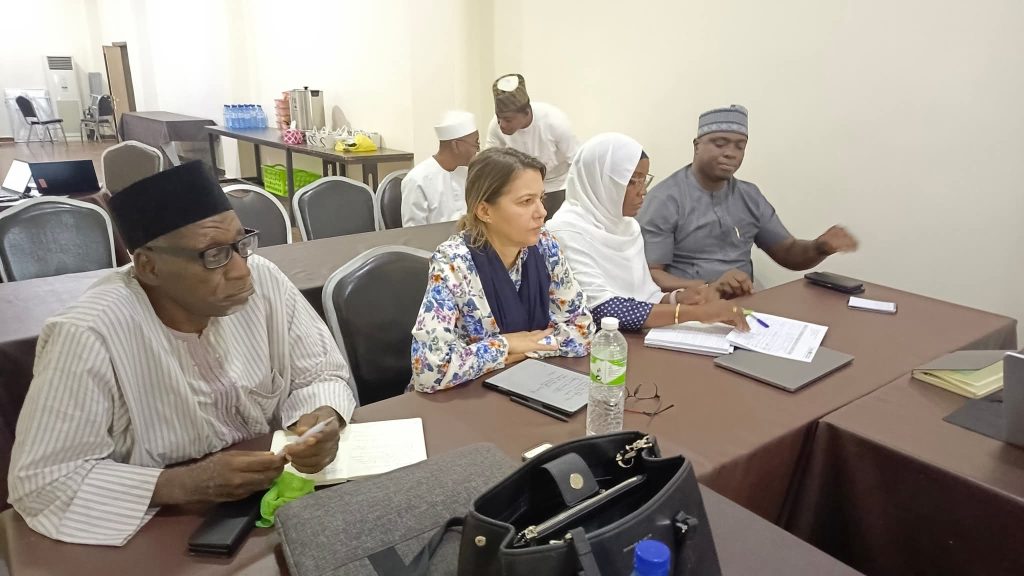Stakeholders on climate change in Kano State convened for an interactive session with the FCDO representative, Dr. Juliana Stoyanova, to review technical support received under the Partnership for Agile Governance and Climate Engagement (PACE) initiative.
The session brought together a diverse group of participants including civil society organizations (CSOs), media professionals, Persons With Disabilities (PWDs), members of academia, and representatives of traditional institutions.
MoECC Rolls Out Online Platform for Climate Services
Discussions centered on the Kano State Climate Change Policy Implementation Plan, which is supported by the FCDO through the PACE program.
Stakeholders strongly advocated for the speedy execution of the policy, emphasizing the need for:
Dedicated budget lines,Adequate budgetary allocation,Timely release of funds and Broad-based community implementation.

They also called for clear demarcation of roles and responsibilities among ministries, agencies, and parastatals involved in climate-related interventions in the state.
Professor Aliyu Baba Babrgu warned that overlapping mandates could lead to conflicts, information hoarding, and duplication of efforts.
“Defining a clear structure for climate governance is essential. Each ministry or organization has a distinct role under the implementation plan. Avoiding both horizontal and vertical conflicts is critical to ensuring transparency and accountability,”
Kano Reviews Climate Policy Implementation Plan
The event also featured insights from the private sector,Muhammad Najeeb Abdullahi from Green Legacy outlined climate-resilient interventions, particularly in tree planting, to promote a greener and more sustainable Kano.
The issue of waste management was also discussed, where efforts by the state government and private sector in ensuring effective waste management,
Media and civil society stakeholders, including Nafisa Murtala, Isiyaku Ahmed, and Akibu Hamisu, shared their advocacy experiences.
They highlighted the ongoing efforts in climate change awareness, supported by PACE, through radio programs, expert interviews, and public campaigns.
“While advocacy efforts are not always quantifiable, the public is increasingly informed about climate-related issues thanks to continuous media engagement,”
A representative of the PWD community, Rabi Gezawa emphasized the disproportionate impact of climate change on vulnerable groups including women, children, the elderly, and people with special needs.
She called for inclusive policies that address their specific challenges.
The role of traditional and religious institutions was also acknowledged as pivotal in championing climate action across communities in Kano.
In her opening remarks, the Governance Adviser at the Foreign, Commonwealth & Development Office (FCDO),Dr. Juliana Stoyanova explained that the PACE program is a successor to the earlier PERL initiative and remains a vibrant FCDO-funded effort to strengthen climate governance at subnational levels.
She noted that stakeholders were carefully selected based on their expertise and passion for environmental sustainability.
“Climate change is a global phenomenon, but its solutions must be local. FCDO remains committed to supporting Kano State through strategic programs and partnerships that can drive lasting climate resilience,” Dr. Stoyanova stated.
The session concluded with stakeholders sharing success stories and reaffirming their dedication to fully implementing the climate change policy for a safer, greener Kano.
Paradigm News reports tha,the Foreign Commonwealth & Development Office (FCDO) visited Kano to discuss with PACE partners across its delivery locations, gather feedback and perceptions on the technical support received from PACE’s interventions, and identify challenges and opportunities.





